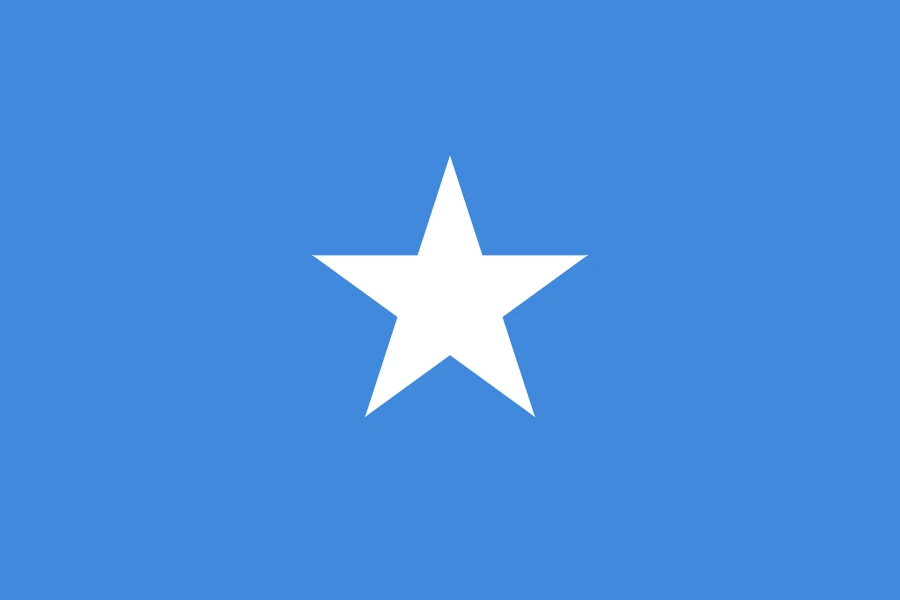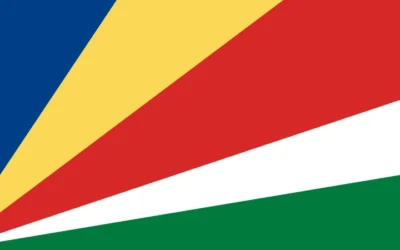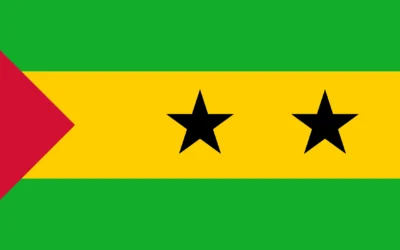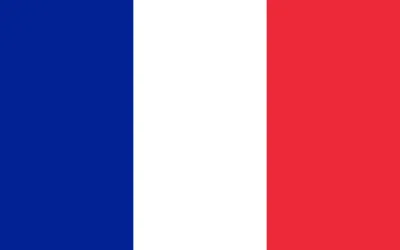Somalia Travel Guide
Discover Why You Should Visit Somalia
Why Visit Somalia?
Somalia, located on the Horn of Africa, boasts a long coastline along the Indian Ocean, ancient history, vibrant traditions, and one of the oldest trading cultures in Africa. It has stunning beaches, unique cuisine, and archaeological heritage that remains largely unexplored by international tourism.
Although security concerns limit travel to certain areas, parts of the country such as Somaliland are more stable and offer travelers the chance to discover fascinating historical sites and warm hospitality.
Ideal for: History lovers, cultural travelers, adventure seekers, and diaspora reconnecting with heritage.
Must-Know Facts
Capital/Major City: Mogadishu
Language(s): Somali (official), Arabic, English, Italian (regional use)
Currency: Somali Shilling (SOS) and USD in some areas
Best Time to Visit: November to February (cooler dry season)
Fun Fact: Somalia has the longest coastline on mainland Africa, stretching over 3,000 kilometers.
Top Things to Do
Explore the ancient rock art at Laas Geel, dating back thousands of years
Visit the markets and historical buildings of Hargeisa in Somaliland
Relax on the beaches of Berbera along the Gulf of Aden
Experience Somali hospitality through traditional meals and tea ceremonies
See the ruins of Zeila, once an important port in medieval Islamic trade
Local Culture & Lifestyle
Somalia has a strong nomadic and pastoral culture rooted in clan systems, oral poetry, and Islamic traditions. Family and community bonds are central to daily life.
Poetry, storytelling, and music are treasured art forms that preserve history and values. Islamic customs influence clothing, holidays, and social behavior.
Somalis are known for their generous hospitality, often welcoming guests with food, tea, and conversation.
Food & Drink Highlights
Street Food: Sambusa (savory pastry), canjeero (fermented flatbread), suqaar (spiced meat)
Restaurants: Hido-Dhowr (Hargeisa), Elite Hotel (Mogadishu), local beachside cafés in Berbera
Drinks: Somali chai (spiced tea), camel milk, fruit smoothies, coffee with cardamom
Desserts: Halwo (spiced gelatinous sweet), date-filled pastries, sweetened rice puddings
Main Dish & Culinary Symbols
Signature Dish: Bariis iskukaris (spiced rice with meat, raisins, and vegetables)
Common Ingredients: Rice, goat meat, camel meat, banana, cumin, cardamom, ghee
Culinary Culture: Meals are communal, often accompanied by bananas and eaten with the right hand or spoon. Spices and subtle flavors dominate Somali cooking.
Symbols & Icons of the Area
Natural Icons: Indian Ocean coastline, Golis Mountains, Laas Geel rock formations
Cultural Icons: Camel caravans, nomadic tents, Islamic architecture, Somali star on the flag
Hidden Gems & Off-the-Beaten-Path
Laas Geel cave paintings near Hargeisa, considered some of the best-preserved in Africa
Berbera’s coral stone architecture and shipwreck-dotted beaches
Ruins of Barawa and Marka, ancient port cities with Islamic and Swahili influence
Shopping & Souvenirs
What to Buy: Handwoven mats, traditional jewelry, Somali incense (uunsi), textiles, carved wooden items
Where to Shop: Hargeisa Central Market, Mogadishu bazaars, roadside stalls in Somaliland towns
Getting Around
Public Transport: Minibuses and shared taxis operate in major cities and towns
Car Rentals: Common with private drivers, especially for long-distance or intercity travel
Tip: Hire local guides familiar with current conditions, especially outside urban areas
Walkability: Moderate in cities and markets, especially in Hargeisa and Berbera
Travel Tips
Somali and Arabic are widely spoken; English is more common among youth and professionals
Dress modestly and respect Islamic customs, particularly in conservative areas
Travelers should research safety advisories and regional conditions before visiting
US dollars are accepted in many places in addition to the Somali shilling
Where to Stay
Budget: Guesthouses in Hargeisa and Berbera
Mid-range: Damal Hotel, Ambassador Hotel (Hargeisa)
Luxury: Limited options but some upscale hotels exist in Mogadishu and Hargeisa
Unique: Traditional guest accommodations in nomadic areas, beach chalets on the Gulf of Aden
Sample 4-Day Itinerary
Day 1: Arrive in Hargeisa, explore the local markets and enjoy traditional Somali meals
Day 2: Visit Laas Geel rock art site and surrounding desert landscapes
Day 3: Drive to Berbera, relax on the beach and tour historical port architecture
Day 4: Return to Hargeisa or explore smaller cultural towns like Sheikh






0 Comments